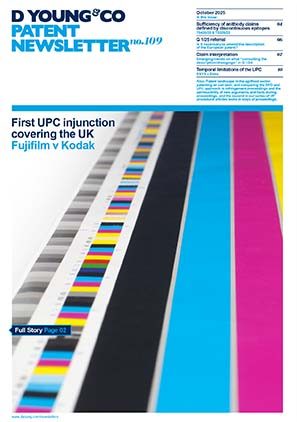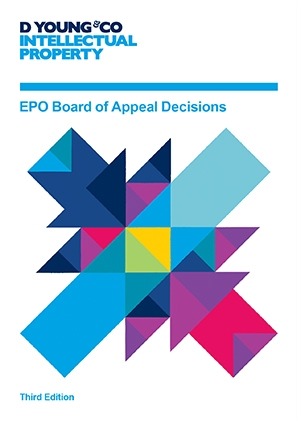Broad Institute CRISPR patent appeal: revocation upheld for lack of priority
The EPO recently reported that the Board of Appeal dismissed the Broad Institute’s appeal against revocation of one of its key CRISPR-Cas9 patents, EP2771468B.
The eagerly awaited appeal proceedings (T 0844/18) focused on entitlement to claim priority from an application filed by multiple applicants. As we reported previously, EP2771468B claimed priority from multiple US provisional applications, the earliest two of which included an applicant-inventor (Professor Luciano Marraffini) who was not an applicant of the subsequent PCT application.
According to standard EPO practice and established case law of the Boards of Appeal, all applicants of the priority application, or their successors in title, must be applicants of the subsequent application for a valid claim to priority. In addition, any transfer of rights to claim priority must have occurred in advance of the filing date of the subsequent application. However, no evidence that Professor Marraffini had assigned his rights to an applicant of the subsequent application before its filing date was submitted in the proceedings.
For these reasons, the Opposition Division decided that the patent’s claim to priority from the earliest two priority documents was invalid. Consequently, the patent was revoked in light of novelty-destroying intervening disclosures.
The Board of Appeal’s preliminary comments during the written proceedings indicated that it would consider referring questions to the Enlarged Board of Appeal, and that the Board of Appeal had recognised advantages and disadvantages for altering the EPO’s practice. For example, the Board of Appeal acknowledged that the EPO’s current practice may protect joint applicants from a sub-group of the joint applicants filing subsequent applications without them, and may avoid the risk of multiple subsequent applications. The Board of Appeal also acknowledged that changing the EPO’s practice to allow joint applicants to exercise their priority rights individually may favour the omitted joint applicant(s), and may be more in line with the Paris Convention’s aim of facilitating international patenting.
The Board of Appeal’s written decision has not been published yet. However, the minutes of the hearing report that the Board of Appeal considered the patentee’s three main arguments, namely:
- Entitlement to priority should not be assessed by the EPO.
- The term “any person” in Article 87(1) EPC and Article 4A(1) of the Paris Convention means that any one person who has filed a priority application, or their successor in title, can validly claim priority.
- National law of the state in which the priority application was filed should determine who qualifies as “any person” in Article 87(1) EPC.
Although the Board of Appeal considered referring questions to the Enlarged Board of Appeal during the hearing, it was able to reach its decision to dismiss the patentee’s appeal without doing so.
This decision may not be the end of the battle for the Broad Institute. The revoked patent has five divisional applications, and there are numerous other families with European counterparts that claim priority from the same priority applications without naming Professor Marraffini as an applicant. If any of these patents/applications are relying on Professor Marraffini’s priority documents for patentability, they may face a similar fate to EP2771468B.
Given that the decision is in line with the EPO’s standard practice and well established case law of the Boards of Appeal, this case is a clear reminder to verify that all applicants of a priority application are listed on the subsequent application, or otherwise that the transfer of rights to claim priority takes place before the filing date.
Related article
"Broad Institute CRISPR patent revoked: lack of priority" published 24 April 2018, Matthew Caines.
Read more

